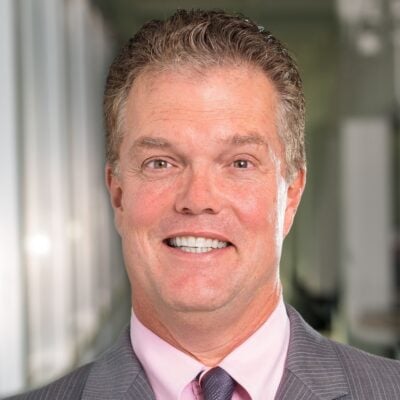Michael Munger
The Secret History of Tamales Offers a Lesson in Humility
The history of tamales offers a powerful historical lesson about humility: most of the time, we don’t understand why rules are good, and we certainly should doubt our ability to choose reforms that will be better.
Pave the Muddy Paths
Imagine that a new university has been built, and you are on the committee charged with laying out the sidewalks. What would you do?
Capitalism, Not Morality, Ended Baseball’s Color Line
Baseball teams are judged on wins and losses, and firms in the marketplace are “judged” by profits and losses. Since performance is objective, there is far more pressure on participants to put aside their prejudices and personal preferences.
Who Is Afraid of Nuclear Power?
If nuclear power is cheap, clean, and efficient, of course, that spells trouble for traditional fossil fuel producers and users.
Will Reducing Transaction Costs Be the End of Retail?
Will large, vertically integrated firms as we have known them disappear?
I’m Thankful for Division of Labor
The division of labor can be cultivated in a setting with no history of prosperity, and highly productive specialization can be fostered even in people who have no special knowledge or abilities at the outset.
The Best Rules Are Those You Can’t Write Down
Conventions exist when people all agree on a rule of behavior, even if no one ever said the rule out loud or wrote it down.
More or Better Rules Will Not Save Us
Society is much closer to a complex biological organism than to a matrix of engineering principles with explicit, contingent rules.
The Lighthouse Myth
It is quite true that a standard bilateral fee-for-service arrangement would fail to provide enough lighthouses — at first. But that failure would have consequences.
The Revolutionary Economic Achievement of Platforms
Twenty years from now, people will look back at our current practices of exclusive ownership and storage with bewilderment. They will wonder what life was like before platforms made our lives richer, better, and less wasteful.










